We discovered the hard way that generally accepted ‘rules’ for intonation are often misleading. Clear Pronunciation 2 balances ‘rules’ and ‘guidelines’. Here’s how.
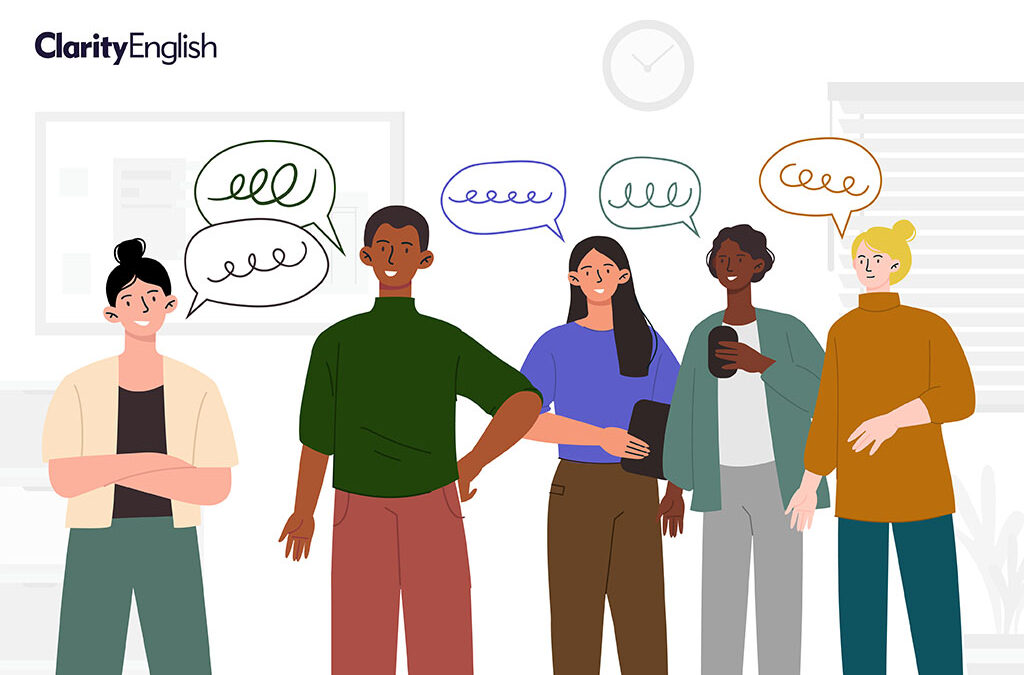

We discovered the hard way that generally accepted ‘rules’ for intonation are often misleading. Clear Pronunciation 2 balances ‘rules’ and ‘guidelines’. Here’s how.
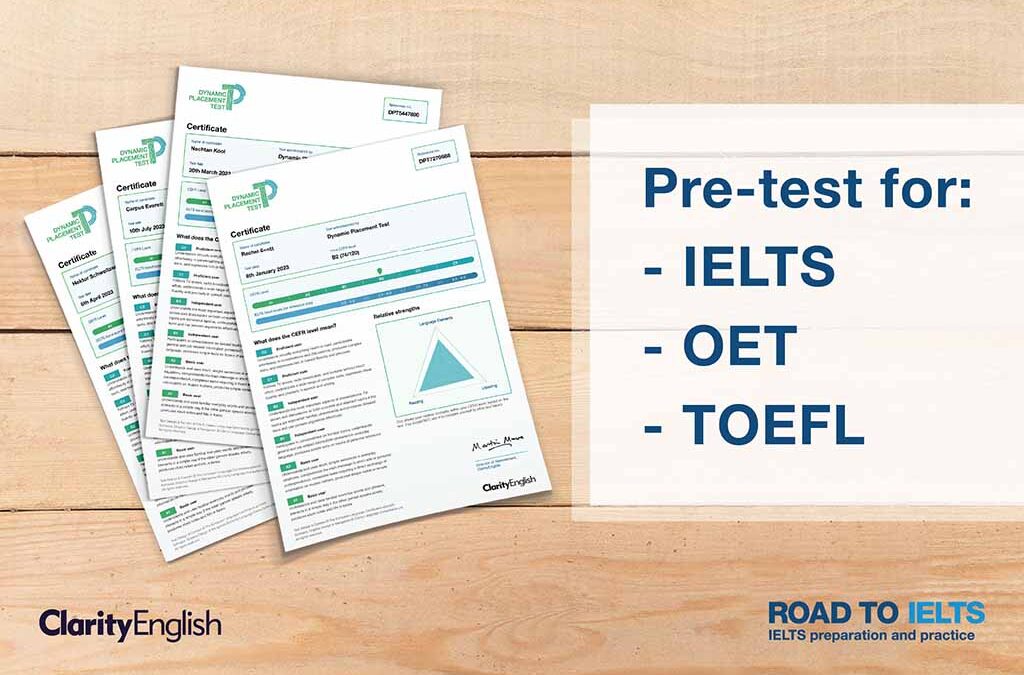
Instead of relying on expensive retakes, IELTS, OET and TOEFL candidates need a gateway test that tells them if they are ready to achieve their target score – or not
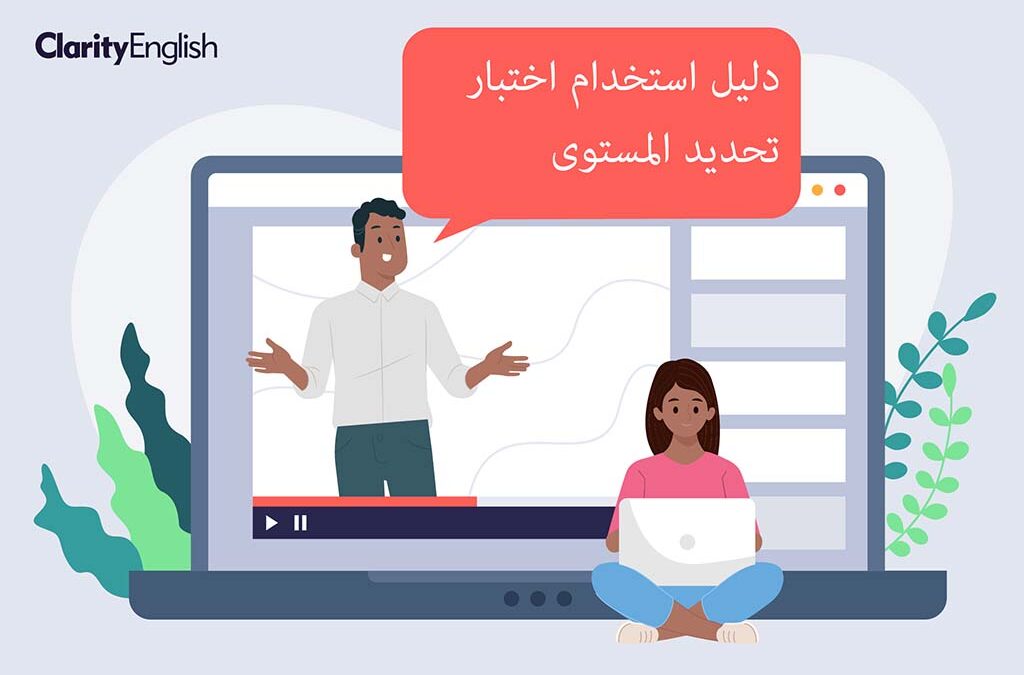
In this post, we look at how British Council Libya deploys the Dynamic Placement test as a key component in their teacher training program.

This post looks at the issue of voices helping learners build confidence in their English pronunciation.
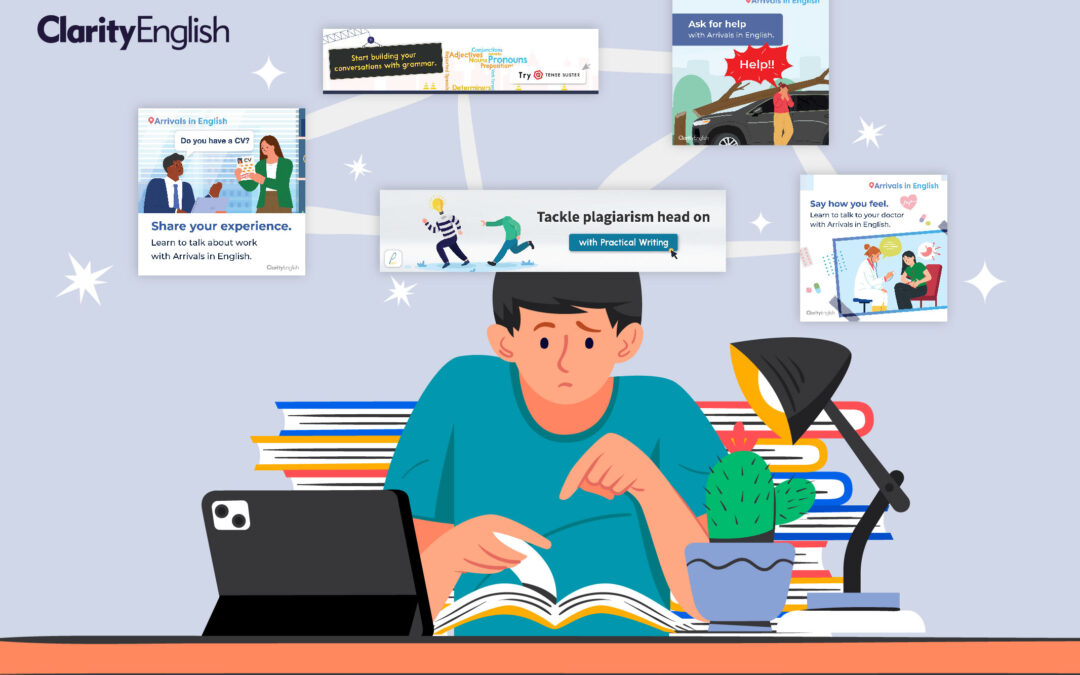
Help your students make the most of supplementary resources available. Try these 5 tips on how to introduce and sustain student engagement.

This post explains what item analysis is, how we use it, and what you’ll find in a robust and reliable test.
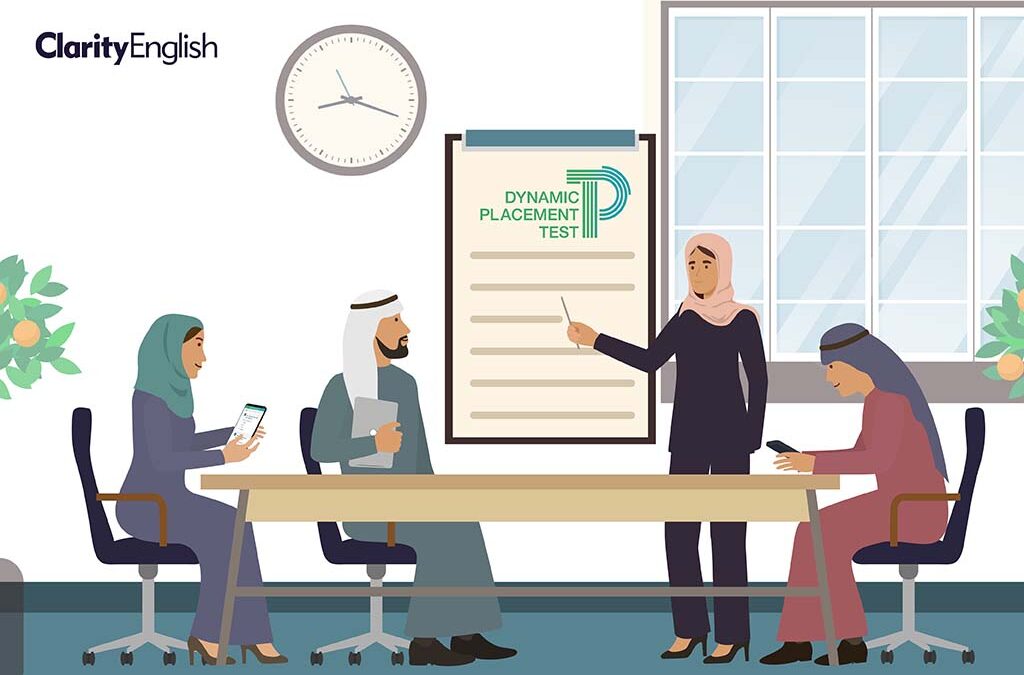
English language testing is crucial in the petroleum industry. This is how one training organisation found the most suitable placement test.
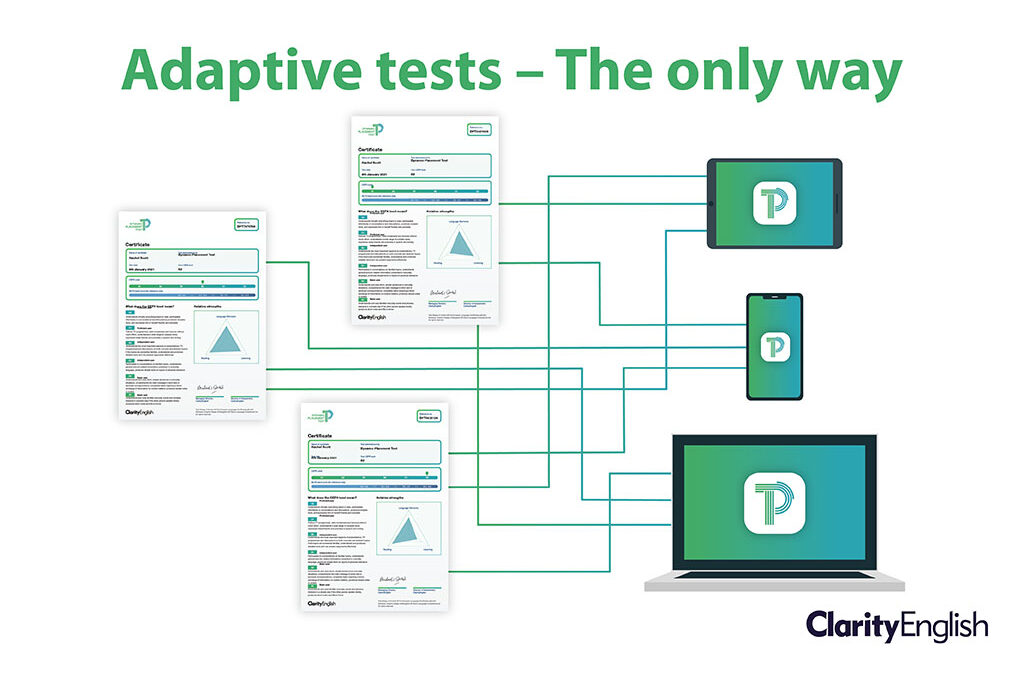
At the ELITE conference in Malang, Indonesia last week Dr Adrian Raper explained why a placement test must be adaptive. This is a summary of his talk.
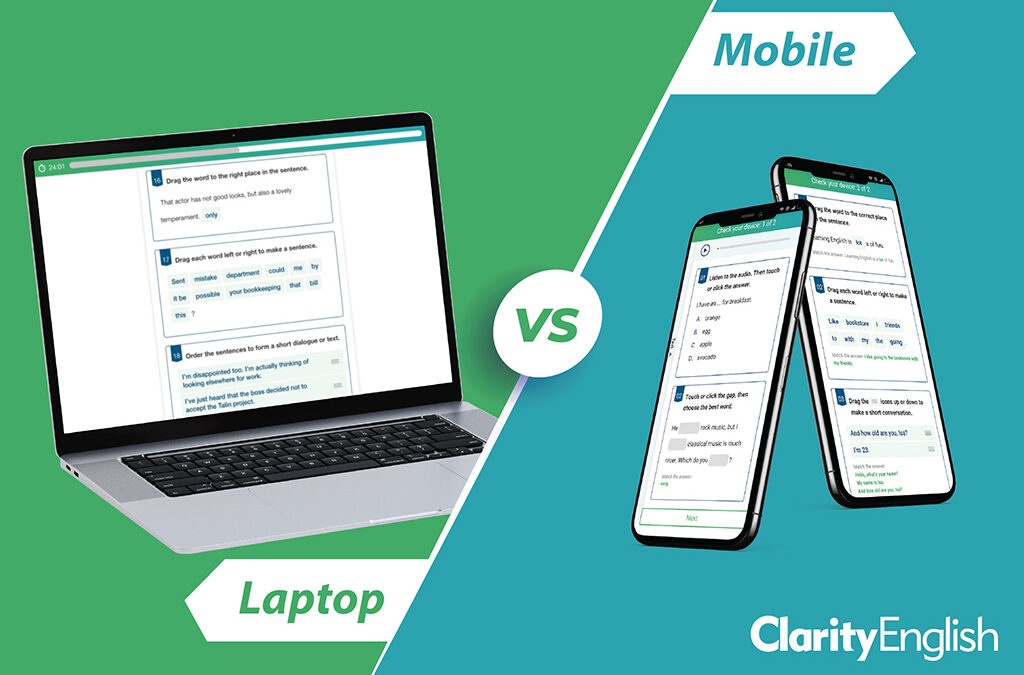
No one wants to be disadvantaged during a test. Here is a reminder of what students can expect when taking the Dynamic Placement Test on different devices.

Can we, and should we, make English tests more international? Andrew Stokes explores the possibilities.

Your thought-provoking Arrivals in English questions answered.

How we localised the program for Australian and Canadian English.
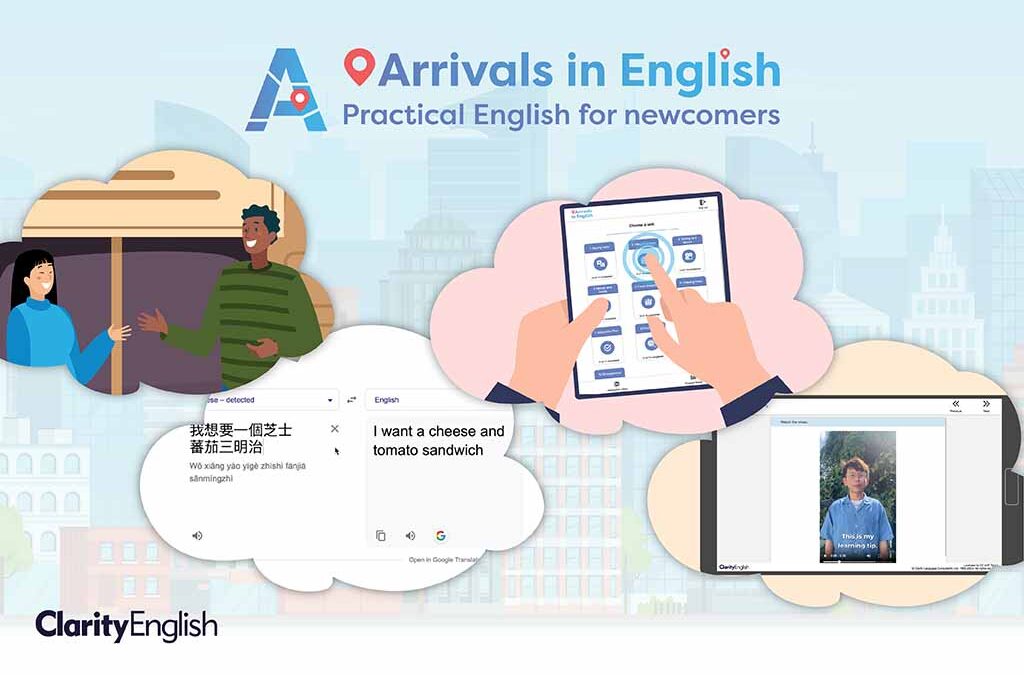
Introducing features and how to best use the program.
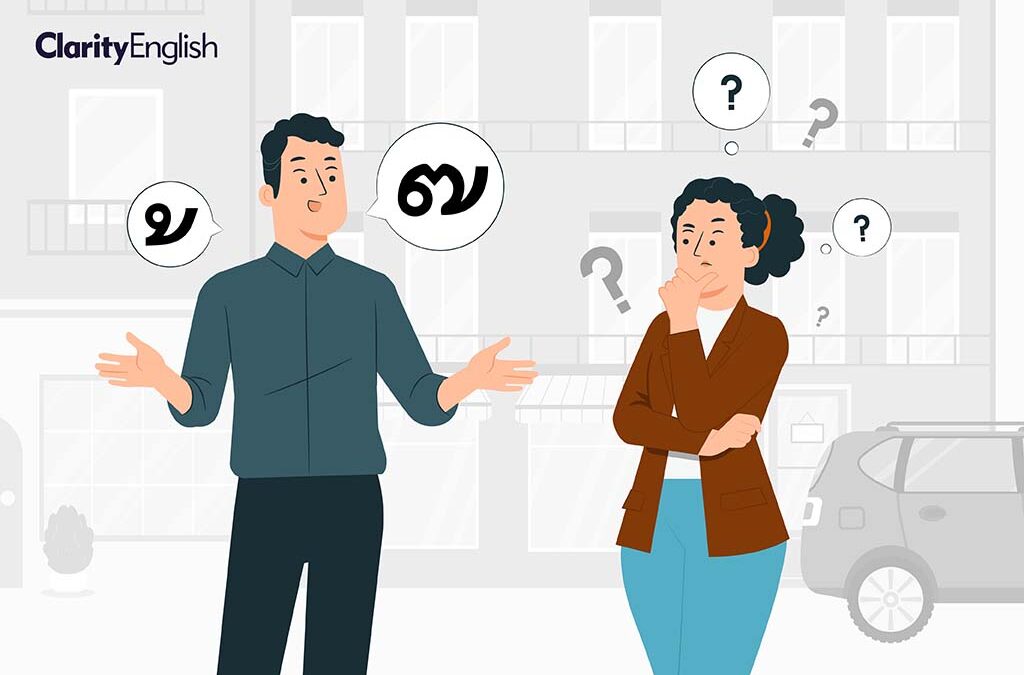
Speakers of tonal languages such as Chinese, Thai or Yoruba face particular challenges with English intonation. Andrew Stokes examines why and how we can help.
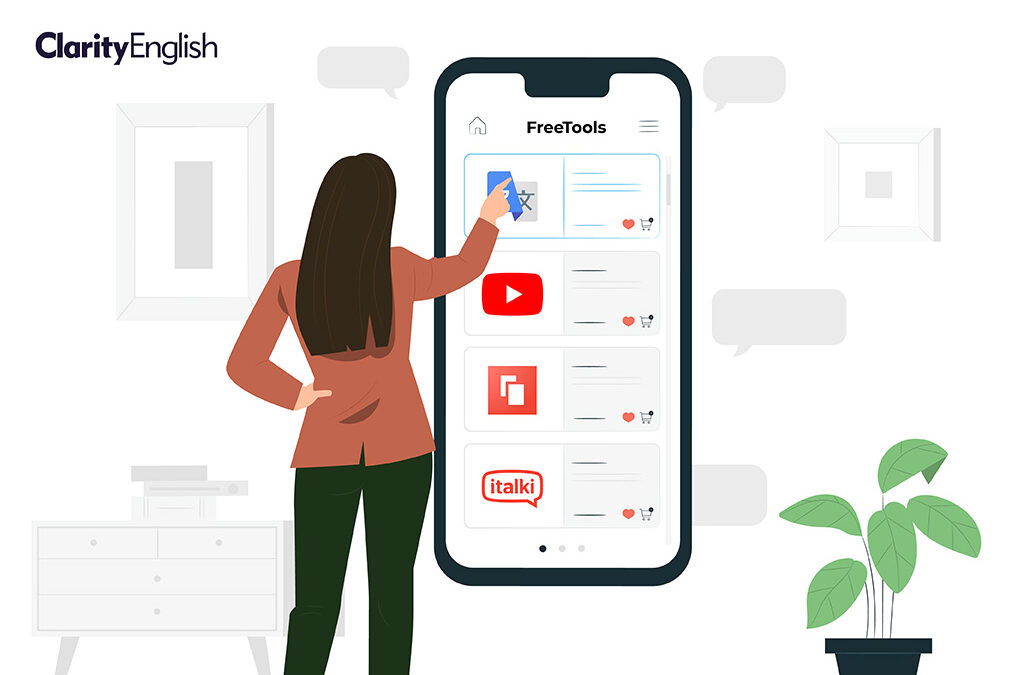
Most online learning tools are free of charge and available at all times on the phone in your pocket! These are five stand out tools your learners can access for free.
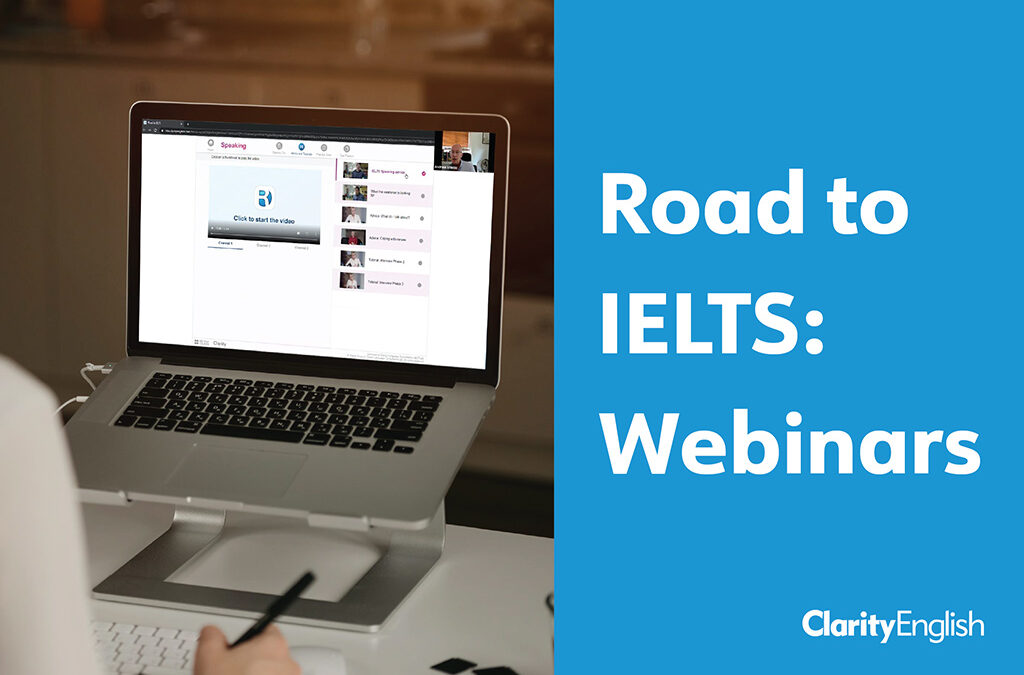
This series uncovers ideas and activities from British Council IELTS teaching centres around the world. Read on for three ideas from British Council Greece.
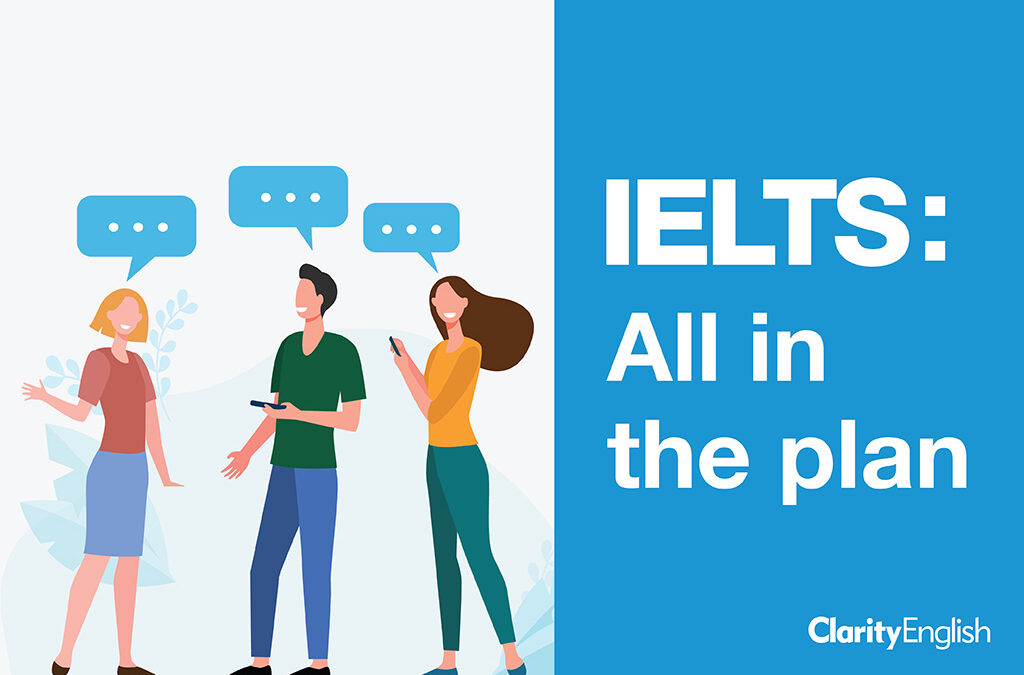
This series uncovers ideas and activities from British Council IELTS teaching centres around the world. Read on for four lessons from British Council Vietnam.
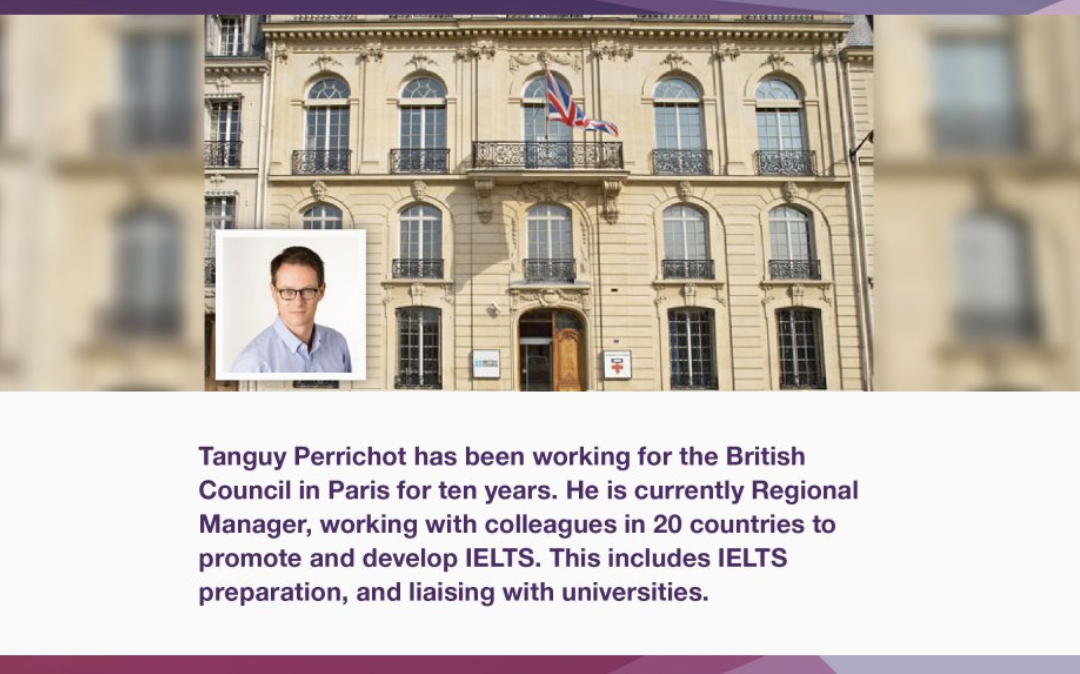
On a visit to British Council Paris, Clarity’s Andrew Stokes talked to Tanguy Perrichot on providing IELTS support to universities in France. They discussed a successful approach to guided self-access.

There are all sorts of IELTS websites. Some are good, but others are dire… How can you ensure your IELTS students are getting the very best the web has to offer?
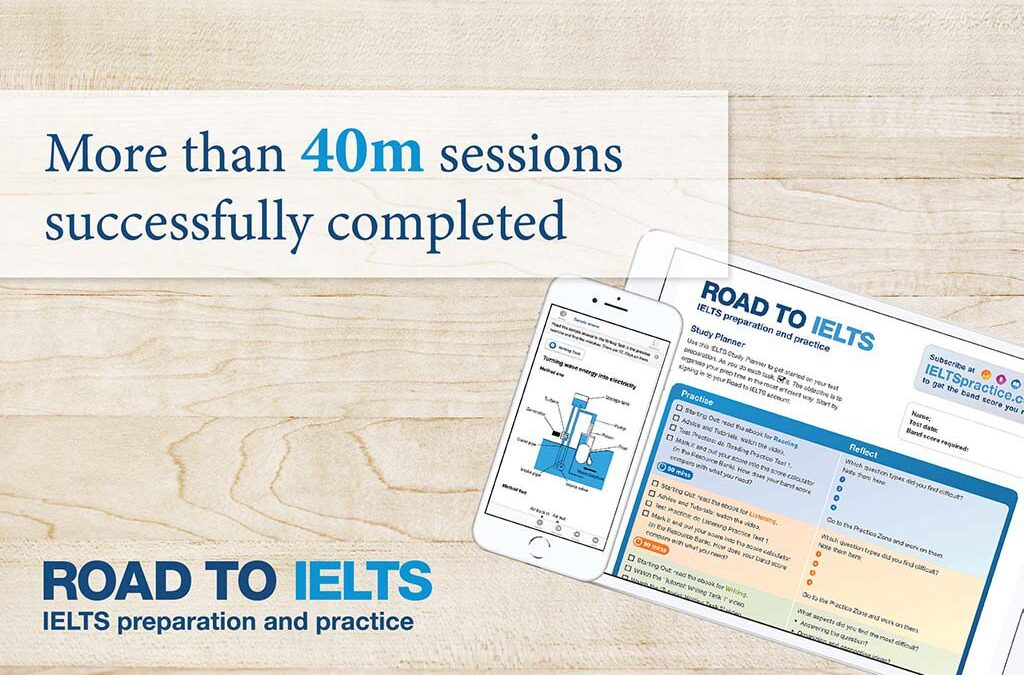
Road to IELTS started in 2006. Over 40m study sessions later, how do we know the program is really helping test takers get the band score they need?